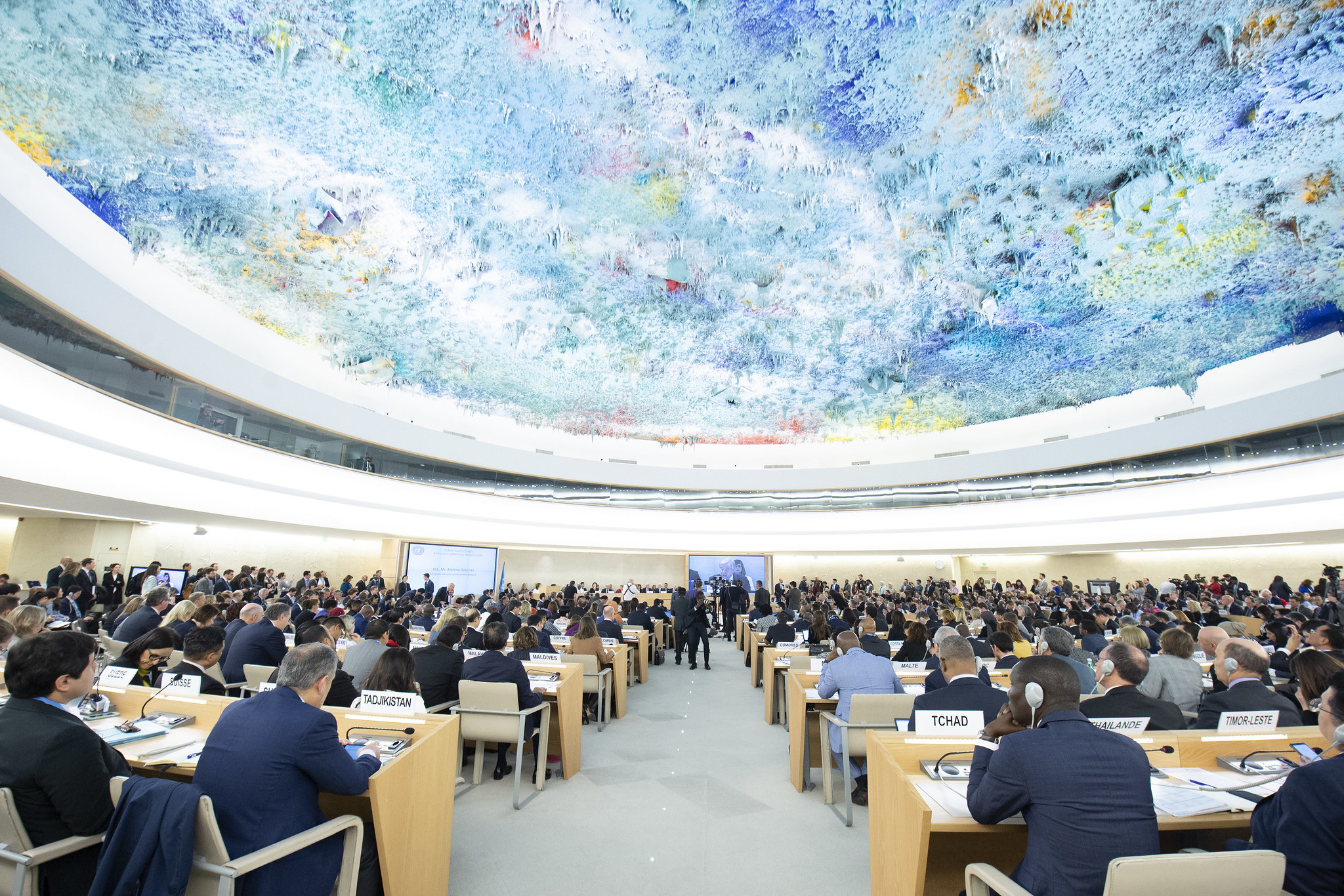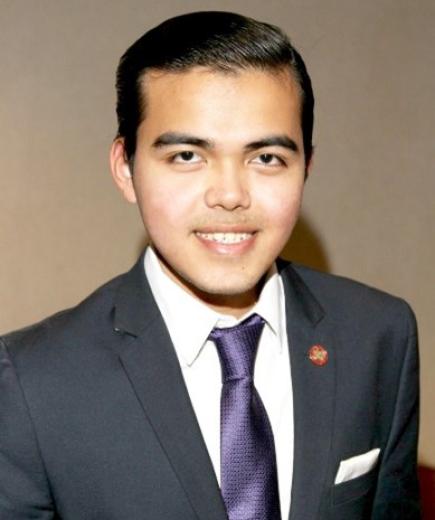UN Human Rights Council Cracks down on Cambodian Human Rights Abuses

During the 41st meeting of the 57th Regular Session of the UN Human Rights Council on October 7, 2024, special rapporteur Vitit Muntarbhorn raised significant concerns about Cambodia's human rights record, particularly regarding freedom of expression and the treatment of activists. Notably, in July 2024, ten members of the environmental group Mother Nature were sentenced to prison terms ranging from six to eight years for their peaceful activism. Since late July, authorities have arrested at least 94 individuals for publicly expressing dissent against government policies, particularly those related to the Cambodia-Laos-Vietnam Development Triangle Area. These actions highlight a troubling trend of arbitrary detention and a clampdown on civil liberties, with many activists facing charges that could result in lengthy prison sentences.
Muntarbhorn's report detailed the prosecution of activists and journalists who report on critical issues such as human trafficking and corruption. Among those targeted is Mech Dara, a prominent journalist recognized for his investigative work on environmental issues and governmental corruption. His recent arrest has drawn sharp criticism from the U.S. government, as in a press briefing on October 8, 2024. Secretary of State Antony Blinken called for his immediate release, reiterating the importance of protecting freedom of expression and promoting an inclusive political environment in Cambodia.
The EU has similarly condemned the detention and prosecution of political dissidents, urging the Cambodian government to expedite the release of those detained for political reasons. As Cambodia navigates these pressing issues, the international community continues to call on the government to uphold its commitments to human rights, particularly for marginalized groups such as indigenous peoples facing exploitation from predatory lending practices in the microfinance sector.
Additionally, concerns have been raised about the government’s increasing surveillance and censorship of online platforms, further stifling freedom of expression. The situation is exacerbated by a culture of fear, where activists and ordinary citizens alike hesitate to voice their opinions due to the threat of reprisals.








